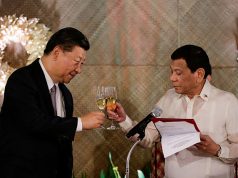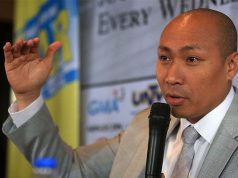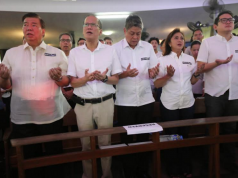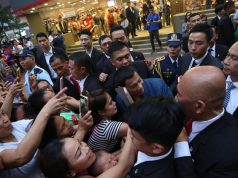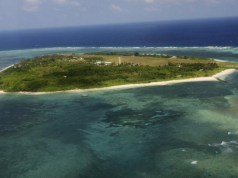
MANILA, Philippines – There is more reason to investigate the Frigate Acquisition Project of the Philippine Navy after the winning bidder, Hyundai heavy Industries (HHI) was recently reported to have been banned from participating in state-led tenders by South Korea’s Supreme Court, according to Magdalo partylist Representative Gary Alejano.
HHI won the bid to supply two frigates to the Philippine Navy at the indicative cost of PhP15.75 billion.
Representative Gary Alejano issued a statement after reports were published that South Korea banned its largest shipbuilder from taking part in government bids due to bribery.
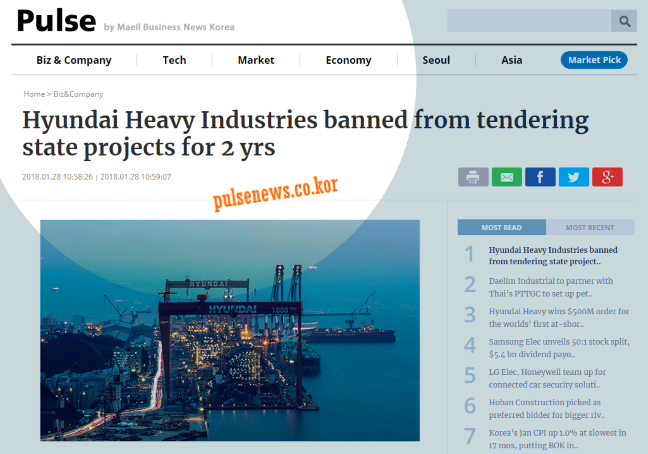
The online news report from Pulse reported that South Korea’s largest shipbuilder Hyundai Heavy Industries Co. is banned from participating in state-led tenders such as warship construction projects for two years due to the bribery conviction related to the country’s nuclear power project in the United Arab Emirates.
See also:
Magdalo sees P18-B frigates dispute behind Navy chief’s ‘unceremonious’ relief
“There is even more reason now to conduct an investigation on the frigate deal,” Alejano, who earlier filed a resolution to look into the frigate agreement, said.
The frigate issue cost former navy chief Vice Admiral Ronald Joseph Mercado his job last month.
“HHI’s history of engaging in corrupt activities should further prompt an investigation on the FAP (Frigate Acquisition Project). This puts in question the ethics of the company. If a company has a record of engaging in such practices, it is but natural to doubt its later actions,” he added.
In 2013, HHI executives were found guilty of bribing an official of Korea Hydro and Nuclear Power Co. in exchange for being chosen the supplier of reactors to be exported to the UAE.
Alejano earlier noted that in the case of frigate deal, HHI has employed the “bait and switch” strategy.
“Contractor baits the buyer/client by offering superior systems or products and once he bags the contract he will find means to go around and eventually choose the lesser/inferior and thus cheaper systems or products to maximize profits,” he said.
“This has been the main issue in the maker’s list, signed only by HHI officials, which contained disadvantageous provisions for the Philippine Navy,” Alejano, a former Navy officer, added.
“The decision on HHI by its own Supreme Court puts to question the credibility of the shipyard firm. We cannot dispel the possibility of the same having transpired in the frigate procurement. Lack of proper investigation would mean those possibly involved will not be held liable,” he said.
Alejano earlier filed House Resolution No. 1590 to conduct an inquiry on the frigate project and its compliance with the procurement laws.




